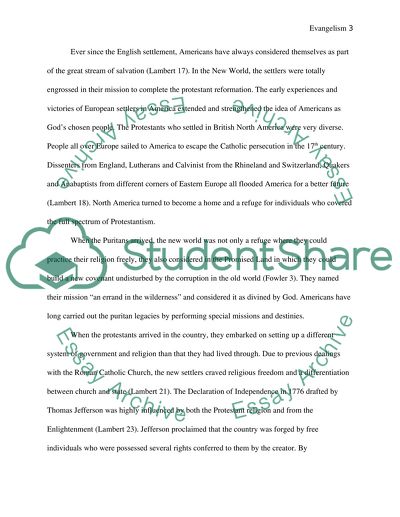Cite this document
(“Impact of Evangelism on the U.S. Politics Research Paper”, n.d.)
Retrieved de https://studentshare.org/history/1392803-impact-of-evangelism-on-the-us-politics
Retrieved de https://studentshare.org/history/1392803-impact-of-evangelism-on-the-us-politics
(Impact of Evangelism on the U.S. Politics Research Paper)
https://studentshare.org/history/1392803-impact-of-evangelism-on-the-us-politics.
https://studentshare.org/history/1392803-impact-of-evangelism-on-the-us-politics.
“Impact of Evangelism on the U.S. Politics Research Paper”, n.d. https://studentshare.org/history/1392803-impact-of-evangelism-on-the-us-politics.


